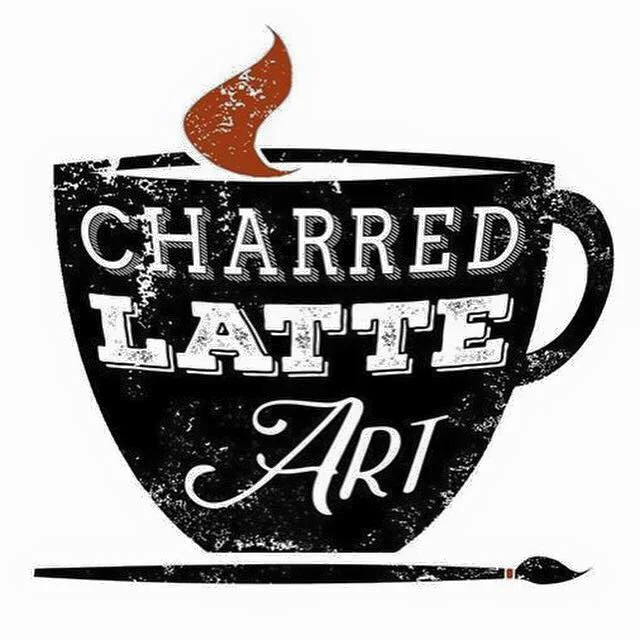In Anna Karenina, Tolstoy takes the reader on an emotional journey interspersed with painfully long descriptions of scenery. The book seems to center around Anna Karenina (the title would certainly lead a reader to believe that) but in the end, her death is merely shrugged off, and the story continues.
Anna is a character driven by love and only love. There seems to be no rationale to any of her actions beyond her search for love. This is most obviously shown by her leaving her husband for a lover, but also by her treatment of her son and the way she teaches an English girl because that is the girl she loves. This abandonment of logic over passion certainly lends her towards irrational actions based on feeling, but her needless suicide is still shocking. She certainly has reason to be sad- she has lost her husband, her son and the love of her society. But the reason she dies seems to be for Vronsky. She fears his love for her is waning, and that he remains with her out of duty only.
Anna Karenina was recently remade as a movie starring Keira Knightly, because every 18th century movie ever stars Kiera Knightly. Fortunately the film contains fewer lengthy descriptions of scenery than the book does.
Many identify Anna as a feminist character, and applaud Tolstoy for placing such a character into Russian society at that time. Anna does insist on living life on her own terms, and insists on attending the opera even though she knows there is nothing but scorn for her there. Anna herself is less of a feminist than a women who throws everything her society cherishes away for the idea of love. The sharp contrasts between Anna, who faces exile, public humiliation and eventually suicide for her affair, and her brother Stiva, who faces no punishment at all for his promiscuity, highlights the double standard of the Russian aristocracy.
Although he loses out on the namesake, Konstantin Levin is just as central of a character as Anna herself. An awkward aristocrat who never quite fits in and has more than a little trouble with the ladies, Levin’s character has been said to be based off Tolstoy himself. Of course this is second-hand information, as I never met Tolstoy personally. Levin loves a girl named Kitty, but is turned down because Vronsky is expected to propose to her. Vronsky ends up falling in love with Anna, who is already married, and it all gets very complicated and altogether Russian. In the end, Kitty and Levin end up married in the country. Vronsky doesn’t believe in ending his stories like Disney though. No “Anna died, Levin and Kitty are married, happily-ever-after” type endings. Instead, the book drags on about Kitty cleaning the house and the picnics they take. A tree falls and almost crushes Kitty and her son, and Levin saves them and discovers he does believe in faith. And that is where Vronsky decides to end his 900 page novel.


